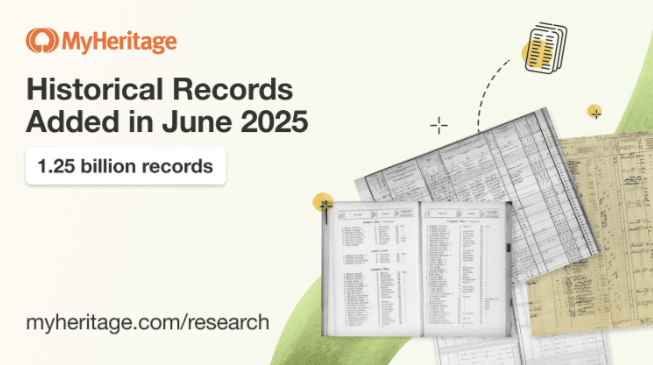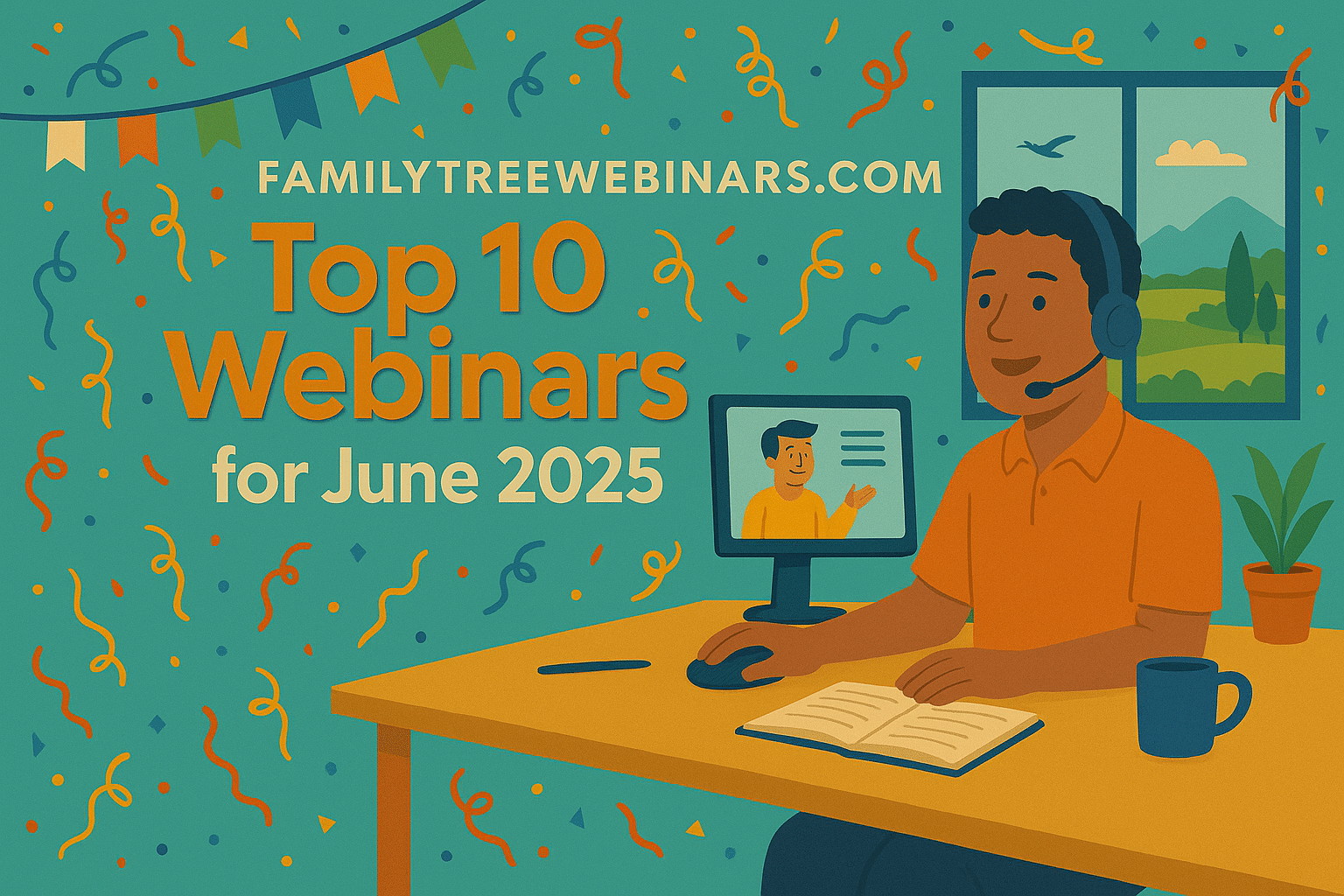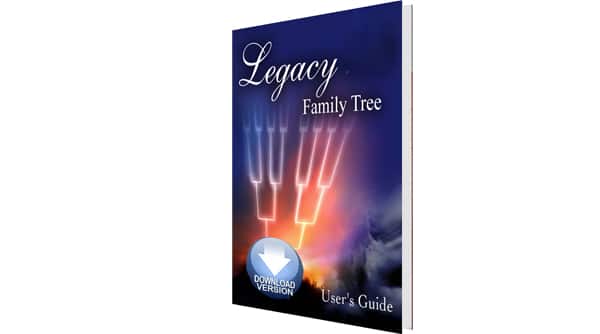Your cart is currently empty!
What Websites Should You Know?
In a week I will be presenting my latest Legacy webinar, 50 More Websites Every Genealogist Should Know. This is a follow-up of an earlier presentation I did in 2017 on 50 Websites Every Genealogist Should Know. Websites are vital to our family history research and especially now when our ability to research is largely limited to online resources. There’s no doubt that not everything is online but it’s important that we exhaust what is.
What makes a website one that every genealogist should know? It’s obvious that genealogy websites, those that hold databases and records, are important but what other types of websites make the list? When I consider websites, I think in terms of what information they provide and what types of information and sources genealogists need. That can include these types of websites:
- Genealogy (subscription websites, free websites, website with lists of people, databases)
- History (timelines, encyclopedias, articles, digital collections)
- Repositories (libraries, archives, museums, government facilities)
- Government (BLM, government archives, libraries, recorder's offices)
- Maps (digitized maps, map collections, finding aids, databases)
- Cemeteries (indexes, images, databases, education)
- Records (digital collections, indexes, transcriptions, abstracts)
- Education (classes, webinars, videos, podcasts, articles, tutorials, institutes, conferences, seminars)
- Finding Aids (link portals, research guides, repository finding aids)
- Technology (apps, how-to’s, software, freeware, educational articles)
- DNA (education, methodology, tutorials, tools, testing)
- Books (retail, presses, libraries, digitized books, library catalogs, authors)
- Periodicals (digitized newspaper and book websites, periodical indexes, finding aids, portals, publisher websites)
- Images (digitized collections, newspaper and book websites, catalogs, preservation)
- Wikis (family history, DNA, images, education)
- Social Media (genealogy, curating, sharing, networking )
- Organizations/societies (lists, records, information, education)
- Tools (search engines, calculators, translation websites, reference works, dictionaries, knowledge engines, crowdsourcing)
Family historians need access to different resources, sources, and information. In order to do that we need to have a good understanding of what is available. And it’s not enough to know what is available but you also need to know how to best use the website.
Take some time to make your own list of must-have websites and then learn more about that site so you are taking full advantage of it. Beyond just exploring the website, you can do this by reading the website FAQs, liking their Facebook page, following them on Twitter, reading their blog, signing up for their newsletter, and participating in educational opportunities (like webinars) where they explain the website.
I’ll unveil my must-have genealogy website list on July 22nd. You can access my previous handout for my first 50 websites with a subscription to Legacy Webinars. You can view webinars that suggest lists of websites and teach how to use them by searching the Legacy Webinar Library.
What websites, beyond the most familiar, are must-haves for you? Share them with us in the comments.
Gena Philibert-Ortega is an author, instructor, and researcher. She blogs at Gena's Genealogy and Food.Family.Ephemera. You can find her presentations on the Legacy Family Tree Webinars website.




archive.org.
Dropped down to your favorite search engine.
Enter something like :
archive.org history of the town of shirley ma
As an example. Or go directly to archive.org.